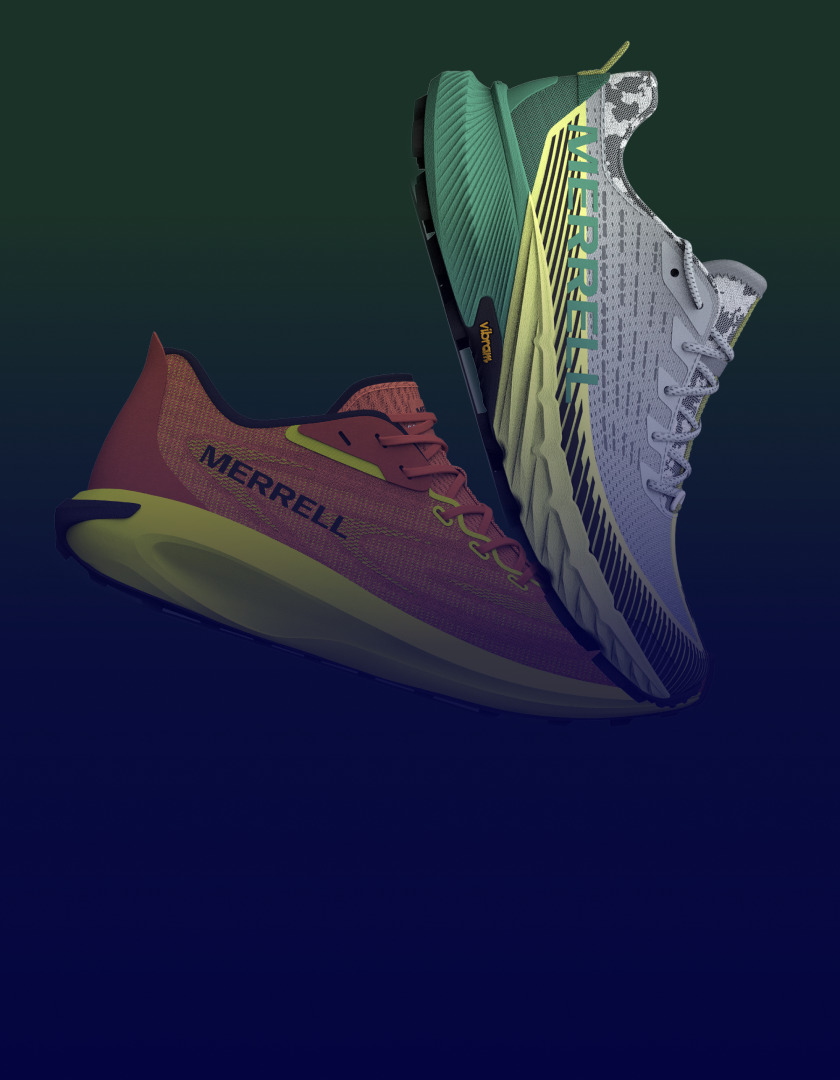Leading Innovation in Fashion Manufacturing
Ningbo Kashion Garment Co., Ltd. (Kashion) is a full-service company that specializes in fashion design, development, production, and sales. Kashion has been focused on women’s fashion since its inception and has built a comprehensive supply chain management system to provide design, development, and production services to almost 100 international fashion brands. The company produces about 2.5 million pieces of clothing each month.
As a company that values innovation, Kashion has always been at the forefront of adopting new technologies. It was one of the first companies in China to pilot 3D technology in product design and R&D, and it was also the first in Ningbo to implement Centric PLM™. Kashion aims to be a leading example of best practices in the industry.
International Competition Drives Technological Change
China’s apparel and textile industry faces competition from both developed countries, which have an advantage in technical R&D and brand channels, and developing countries in Asia and Africa, which have lower labor costs. Developing countries such as India, Vietnam, Bangladesh and Pakistan are seeing growth in their textile industries. Although China has a comprehensive advantage across the entire industrial chain, it still faces intense international competition. In response, the industry is prioritizing structural adjustment, industrial upgrading and the adoption of new technologies.

Aiming to differentiate marketing, unify product data and standardize operations, Kashion launched a PLM project to create a digital platform for product development management. Kashion has implemented Centric PLM to strengthen business operations, enhance customer service capabilities and sharpen its competitive edge for the future.
Choosing Centric
Before partnering with Centric Software, Kashion had set up an Enterprise Resource Planning (ERP)-based sample management system to store all R&D information. However, the large volume of product R&D data made collaboration inefficient, both within design R&D and between design R&D and other departments.
Since 2018, Kashion had been searching for a PLM solution to optimize its procedures and product data management. After considering various PLM manufacturers both within and outside of China, and conducting several rounds of proof of concept verification, Kashion selected Centric Software as their PLM partner due to Centric’s product flexibility and solution expertise.
Mr. Xu Pengyun, CEO of Kashion, says,
We are very pleased to have Centric Software as our partner, as their solution exactly meets our needs, especially in terms of process analysis and resource integration capabilities.
Improve Design Efficiency From Order to Product
Kashion’s PLM project was successfully launched after six months of implementation, resulting in comprehensive order-centered collaboration across departments. Customer service capabilities have been improved by the ability to visualize collaborative data. Product data aggregation and rationalization enables more accurate, professional and focused work.
As a result of using Centric PLM, Kashion’s design team has seen more efficient collaboration, improved R&D precision and increased value creation, giving Kashion a competitive edge in product R&D.
Fusion of Design Sensibilities and Data Analysis
Designers often rely on emotions and instinct when creating designs, whereas systems typically provide templates, reports, statistics, and analysis. During the project implementation, the Centric team successfully integrated these two approaches by building in workflows that incorporate design ideas in progress and simulating the entire design and R&D process within the system. Designers can now capture and digitize their perceptual logic within Centric PLM and use it to support the subsequent analysis of results.
Centric PLM integrates the results of design R&D with the sales and marketing process, allowing Kashion to track the success and selection rates of designs. By combining design sensibility with rich data visualization, Kashion’s designs are more accurately tailored to customers and are more likely to be selected, reducing R&D costs.

Quantification of Design R&D
Kashion has a large design team with various functions and responsibilities that provide different design services to different departments. The company uses independent accounting to calculate cross-departmental expenses based on specific services.
This is a complex arrangement, but the implementation team developed a way to use Centric PLM to track all tasks assigned to designers, enabling Kashion to calculate expense details for all projects. By quantifying designers’ work and making service charges transparent, departments have a clearer understanding of their R&D expenses and can utilize design resources more efficiently, thus maximizing R&D value.
As Mr. Xu concludes, “We see great development potential and numerous applications for Centric PLM, and hope to continue leveraging PLM to promote efficiency and lay a solid digital foundation for the development of the company.”
New to Centric PLM? Learn more
Centric AI Fashion Inspiration Learn more
What is Centric Planning? Learn more
Demand Planning Learn more
Assortment Planning Learn more
Allocation and Replenishment Learn more
What is Centric Pricing & Inventory? Learn more
What is Centric Market Intelligence? Learn more
Centric Visual Boards Learn more















